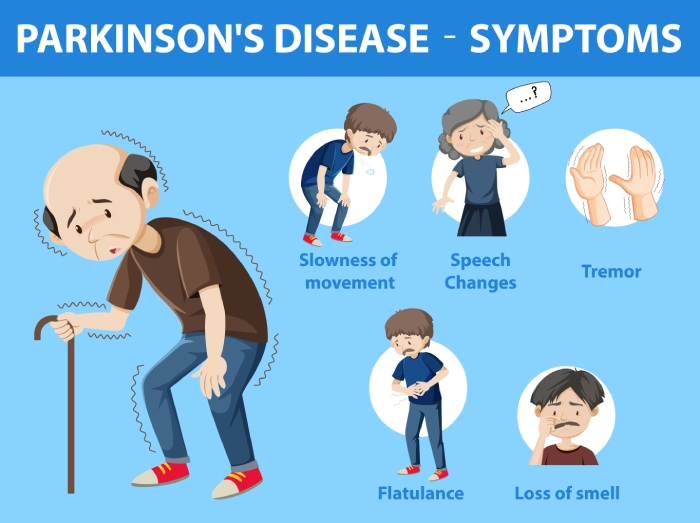MAIA Biotechnology’s THIO Receives Promising FDA Recognition
MAIA Biotechnology, Inc., a clinical-stage biopharmaceutical company, has announced a significant development in their cancer treatment research. The FDA has designated their drug THIO for the treatment of pediatric-type diffuse high-grade gliomas (PDHGG) as a “rare pediatric disease” drug. This designation marks a crucial step in the company’s efforts to address one of the most challenging childhood cancers.
Dr. Vlad Vitoc, MAIA’s Chairman and CEO, expressed pride in receiving this designation, highlighting THIO’s versatility as an anti-cancer agent. The drug has shown promising results in various difficult-to-treat cancers, including pediatric high-grade glioma. THIO’s unique mechanism of action involves activating the immune system while bypassing tumor immunosuppression, offering a novel approach to combating this devastating childhood disease.
The rare pediatric disease designation brings more than just recognition. K. Robinson Lewis, MAIA’s Vice President and Head of Regulatory and Quality, emphasized the significant incentive this provides. Upon potential FDA approval of a future new drug application for PDHGG, MAIA would be eligible to receive a priority review voucher. These vouchers are highly valuable assets in the pharmaceutical industry, with an average selling price of around $100 million since 2015.
THIO’s potential in treating PDHGG, particularly the subtype known as diffuse intrinsic pontine glioma (DIPG), has been demonstrated through previous research. A collaboration between MAIA and Nationwide Children’s Hospital revealed that THIO, when combined with ionizing radiation, significantly reduced cell proliferation and exhibited potent anticancer effects in aggressive DIPG cases. These findings were presented at the American Association for Cancer Research Annual Meeting in April 2024.
In pursuit of this designation, MAIA partnered with Only Orphans Cote, a leading provider of regulatory services for FDA orphan drug designations and marketing authorizations. This collaboration underscores the company’s commitment to navigating the complex regulatory landscape effectively.
It’s worth noting that THIO’s potential extends beyond PDHGG. The drug has already received orphan drug designations for three other cancer types: hepatocellular carcinoma (HCC), small cell lung cancer (SCLC), and glioblastoma. MAIA claims that THIO is currently the only direct telomere-targeting agent in clinical development, further highlighting its unique position in the field of cancer therapeutics.
Commentary by YourDailyFit columnist Alice Winters:

MAIA Biotechnology’s announcement regarding THIO’s rare pediatric disease designation for PDHGG treatment is a significant milestone in the realm of pediatric cancer research. This development warrants a closer examination of its implications for both the company and the broader landscape of cancer therapeutics.
Firstly, the mechanism of action described for THIO – activating the immune system while evading tumor immunosuppression – aligns with the cutting-edge approach of immunotherapy in cancer treatment. This dual action could potentially address one of the major challenges in treating aggressive pediatric cancers like PDHGG, where traditional therapies often fall short due to the tumor’s ability to suppress immune responses.
The rare pediatric disease designation itself is a strategic win for MAIA. Beyond the prestige, it opens the door to a priority review voucher upon potential FDA approval. These vouchers, valued at an average of $100 million, represent a significant financial incentive. This could accelerate MAIA’s research and development pipeline, not just for THIO but potentially for other products in their portfolio.
However, it’s crucial to temper enthusiasm with caution. While the designation and previous research results are promising, the road from clinical trials to FDA approval is long and often unpredictable, especially in the complex field of pediatric cancer treatment. The true test of THIO’s efficacy and safety will come with more extensive clinical trials and peer-reviewed publications.
MAIA’s claim that THIO is the only direct telomere-targeting agent in clinical development is intriguing. Telomeres play a crucial role in cancer cell immortality, and targeting them has long been a goal in cancer research. If THIO proves successful in this approach, it could potentially open up new avenues for cancer treatment beyond the currently designated indications.
The multiple orphan drug designations for THIO in various cancer types suggest a broad potential application. This versatility could be a double-edged sword – while it opens up multiple market opportunities, it also requires significant resources to pursue clinical development across these different indications.
In conclusion, while THIO’s rare pediatric disease designation for PDHGG is a noteworthy achievement, it’s important to view it as a promising step rather than a guaranteed success. The coming years will be critical in determining whether THIO can translate its theoretical potential and early research results into a clinically effective and safe treatment for some of the most challenging cancers, particularly in pediatric patients. Stakeholders, including patients, healthcare providers, and investors, should monitor MAIA’s progress with cautious optimism as they navigate the complex journey from clinical development to potential market approval.



